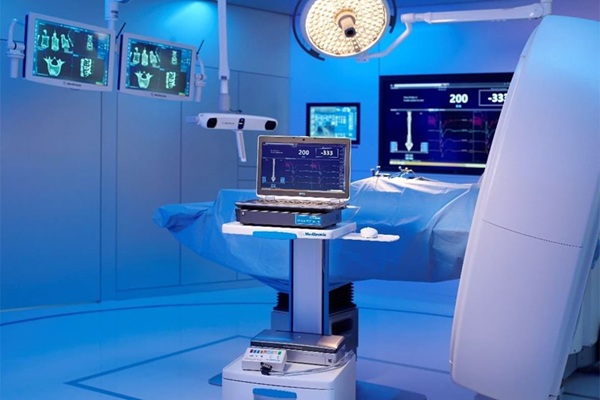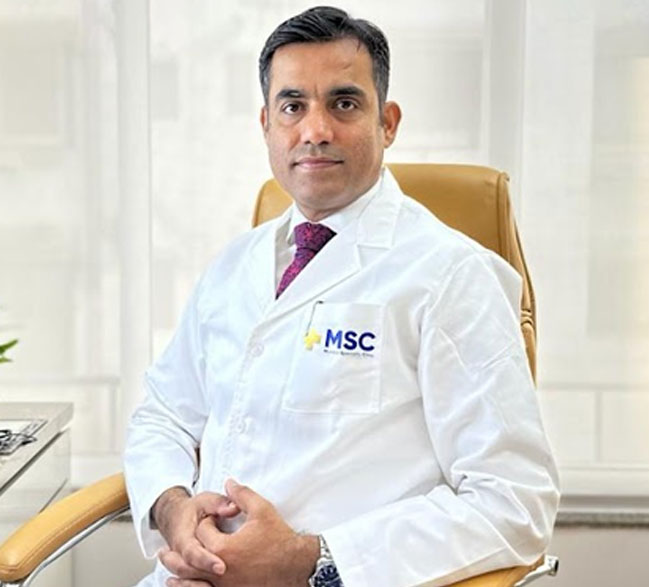Ensuring Safety in Spine Surgery: The Role of Neuromonitoring in Mumbai
Spine surgery, while often necessary for treating various spinal disorders, is correlated with retrograde risks, particularly nerve damage. Medical technology advances have catalyzed neuromonitoring as an essential element for ensuring patient safety in these procedures.
What is Neuromonitoring in Spine Surgery?
Orthopedics, a multidisciplinary specialty for spine surgery, uses the term "neuromonitoring" as the overarching term for the use of electrophysiological techniques employed during surgical intervention to assess the functional integrity of certain neural structures. In observing nerve injury at an early stage through real-time monitoring, the surgeon can prevent further damage.

Importance of Neuromonitoring in Spine Surgery
Intraoperative Identification of an Impending Neural Injury: Neuromonitoring provides intraoperative information about nerve function, enabling the surgeon to identify compromised nerves before an injury progresses.
Precision Increment: In minimal invasive spine surgery techniques, where direct visualization is unavailable, neuromonitoring can guide the surgeon through difficult spinal anatomy while preserving neural function.
Reducing Surgical Neurological Complications: Studies suggest that neuromonitoring can reduce the risk of postoperative neurological deficits, improving surgical outcomes.
Integration with Best Endoscopic Spine Surgery in Mumbai
Mumbai, with its developed medical infrastructure, has embraced neuromonitoring in spine surgery and endoscopic procedures. Endoscopic spine surgery involves minimal incisions that reduce muscle dissection, resulting in less postoperative pain and faster recovery. Given the limited field visibility in endoscopic surgeries, neuromonitoring is essential to protect neural structures.
Top endoscopic spine surgeon in Mumbai, Dr. Vishal Kundnani, utilizes neuromonitoring to ensure safer and more efficient treatment for patients. One example is MIONM (Multimodal Intraoperative Neuromonitoring), which has been shown to enhance nerve root function detection in procedures like PE-TLIF (Percutaneous Endoscopic Transforaminal Lumbar Interbody Fusion), reducing the risk of neurological complications.
Choosing the Right Surgeon in Mumbai
When considering spine surgery, especially endoscopic procedures in Mumbai, it is crucial to choose a surgeon who is skilled in neuromonitoring techniques. Dr. Vishal Kundnani, a leading expert in endoscopic spine surgery, interprets neuromonitoring data with precision to ensure the safety and well-being of his patients.
Conclusion
Neuromonitoring is a critical component of spine surgery, particularly in endoscopic procedures. It enables surgeons to monitor neural function in real-time, reducing the risk of complications and improving surgical outcomes. When choosing a surgeon for spine surgery in Mumbai, it is essential to select one who is proficient in neuromonitoring techniques to ensure the best possible care for your spine health.
Consult Dr. Vishal Kundnani for Expert Spine Surgery in Mumbai
📞 Call: 9619100123, 9619200123, 9619300123 to consult Dr. Vishal Kundnani.
Visit our contact page for more information or to schedule an appointment. You can also explore our patient testimonials and case studies to learn about the success of past treatments.




